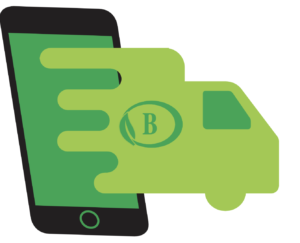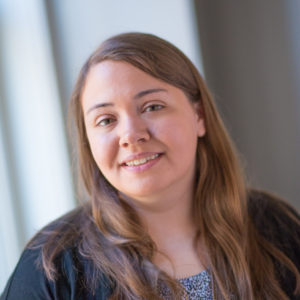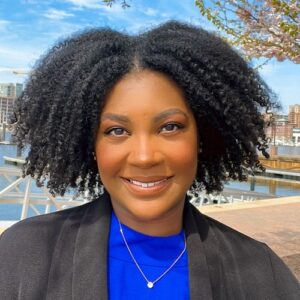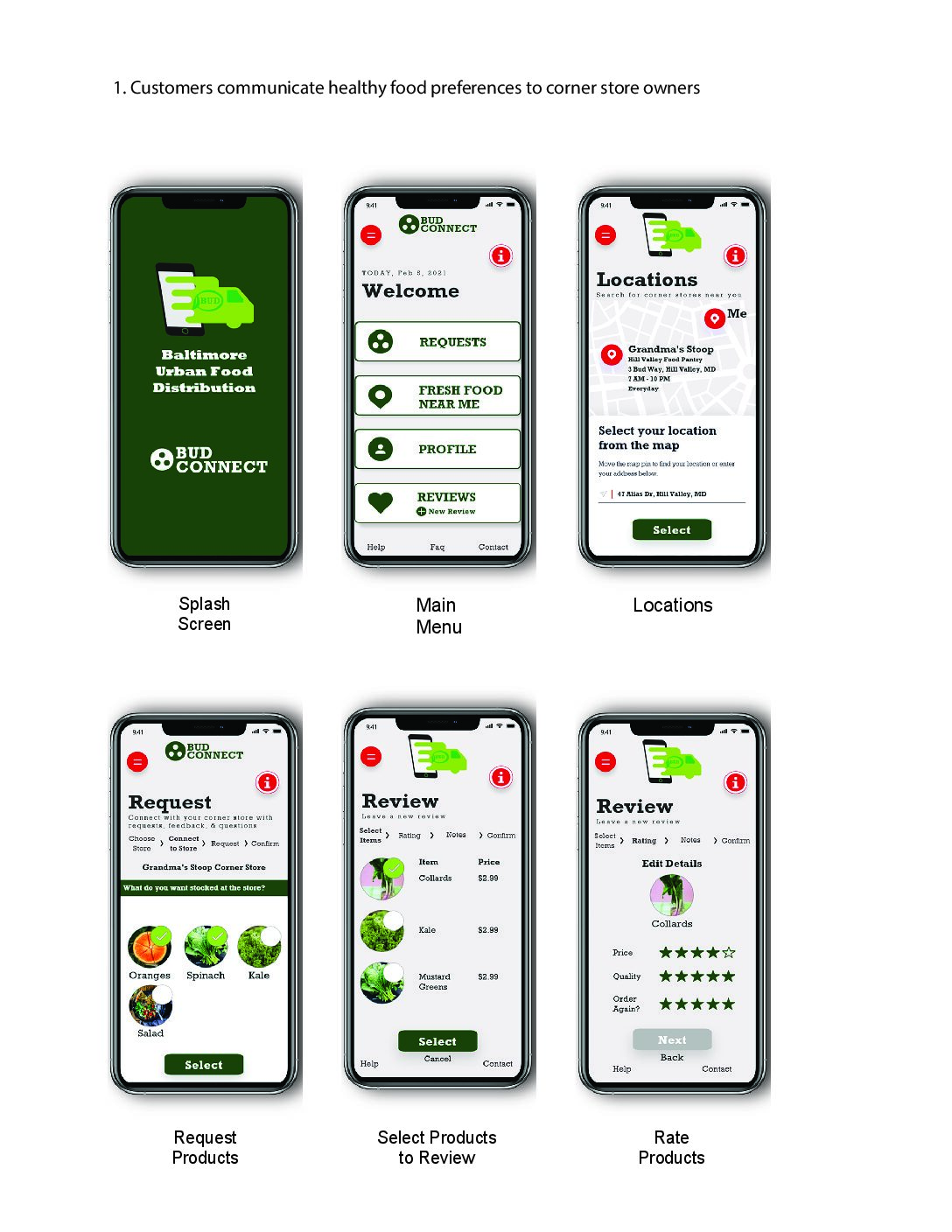Baltimore Urban Food Distribution (BUD)

Introduction/Overview
There is great need for innovative strategies to improve the distribution of affordable healthful foods and beverages to small food stores in low-income urban communities in cost-effective ways.
Digital strategies offer a promising approach, but substantial work is needed to develop a workable app that is acceptable to wholesalers, producers, and small store owners, yielding an affordable solution for the delivery of healthy foods and beverages – that will ultimately lead to improved access (availability, price) to these products for consumers.
We are working to develop and pilot a working version of the Baltimore Urban food Distribution (BUD) app, which will address these challenges, offering a cost-effective way for small urban food stores to stock a broader range of healthy, affordable products, and will assess the app for feasibility.
To our knowledge, this is the first trial to develop, pilot and carefully evaluate an app to connect small urban food stores located in low-income communities with multiple local producers and suppliers.
Primary Aims
Secondary Aims
Related Work
- BUDConnect Consumer Engagement Module of the BUD App
Funded by the Bloomberg American Health Initiative (BAHI) to design a consumer-engaged module of the BUD App in order to link in community members to the supplier-retailer positive feedback loop for supply-demand of healthy foods in corner stores. - Charles County Rural Food Store Expansion of the BUD App
Funded by the Maryland Department of Health (MDH) to adapt the BUD App for a pilot trial in 8 rural Charles County independently-owned food stores in order to assess feasibility of scale-up of BUD to other urban and rural settings.







